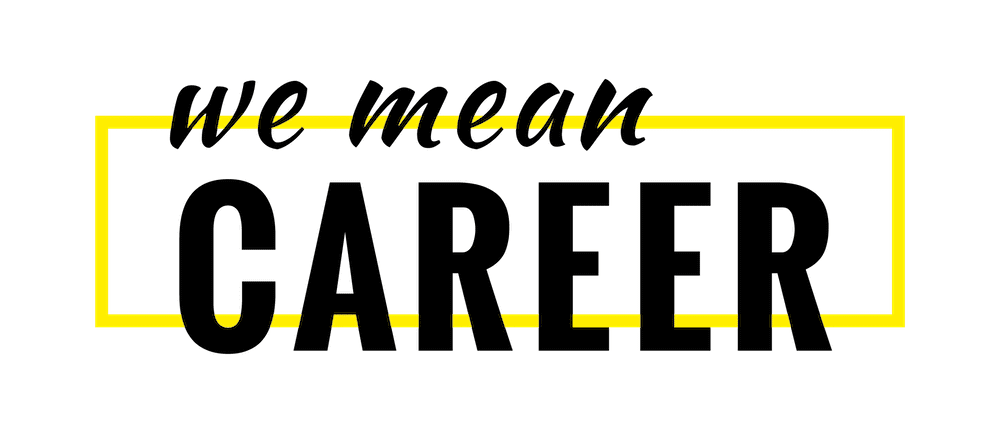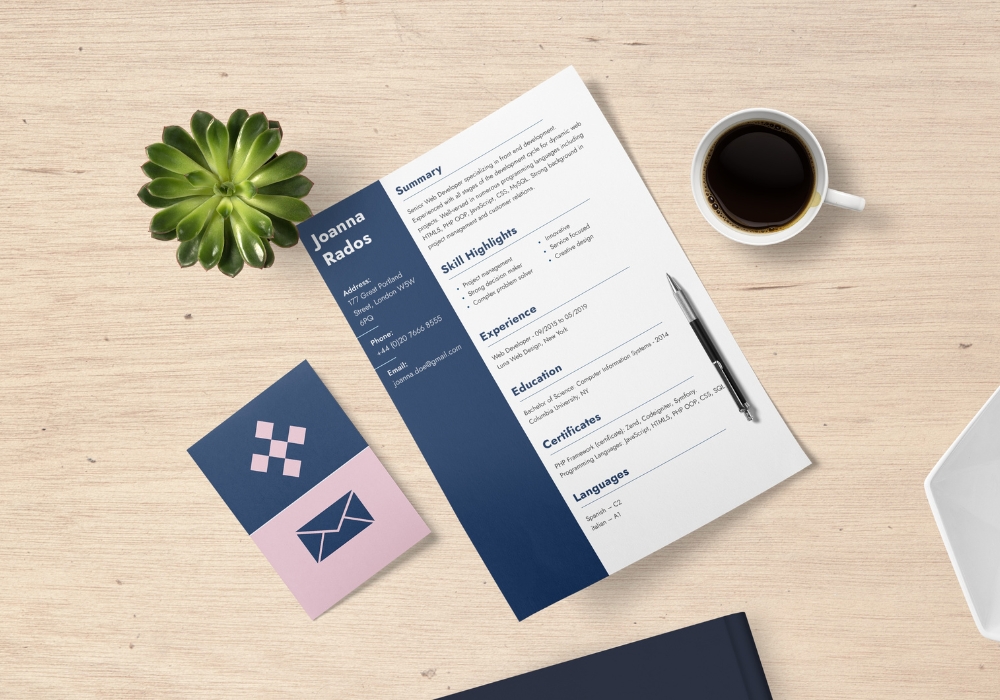10 RESUME TIPS TO GET INTERVIEWS

Photo by Africa Studio – Adobe Stock
Do you keep sending off your resume, only to hear nothing back? If you’re fed up of this happening, you’re not alone. But, the good news is, there are some tweaks you can make to your resume that will increase the chances of getting a response.
You should never underestimate the power of a resume. It’s the first thing recruiters will see, and it can make or break your chances of getting an interview. If it’s something you’re struggling with, here are 10 resume tips to help you land more job interviews.
1. Keep it short
Our first tip for writing a resume is that you should keep it short and to the point. Ideally, it should only be one page, but it can be up to a maximum of two pages if needed. If you go over this, it’s likely the reader will stop paying attention or not read it to the end.
Remember, most recruiters receive lots of applications and they have to read a lot of candidates’ resumes. Because of this, it’s important to stick to the important information whilst highlighting your top skills and achievements as much as possible.
2. Include key sections
Your resume doesn’t need to be a particular style or format, but it is important to have clear key sections and that include all the relevant information. It should have the following sections:
- Education – this section should detail your school or university, qualifications gained, the dates, and any other training of professional certificates held.
- Work experience – in this section, talk about your previous roles including dates and responsibilities, plus your career highlights and accomplishments.
- Skills – the skills section should provide any additional skills that aren’t covered in the previous sections, including both hard and soft skills.
3. Make sure it’s clear
A good resume should always be clear and easy-to-understand. Simple resumes look more professional, so make sure the formatting and design reflect this. Avoid clutter and keep the fonts and style consistent throughout, as messy resumes can be off-putting.
In terms of the content, it needs to be readable, so avoid long, complicated, or wordy sentences. Deliver your message concisely, avoiding large chunks of text. In addition, use bullet points if you can, as this makes it easier for the recruiter to scan your resume for key skills.
4. Avoid irrelevant information
A common mistake people make in resumes is treating it as a comprehensive career history. This should be avoided, as your resume should be relevant to the jobs you’re applying for and appealing to employers in your industry.
Unless these details are needed to show your career progression, try and minimize talking about experiences that aren’t needed for the job you’re applying to. If you’re applying for different roles, you can make a few versions and adjust them accordingly.
5. Highlight your strengths
When writing your resume, highlighting your strengths is essential. One of the easiest ways to do this is by putting the best bits at the top of the page.
As previously mentioned, you don’t need to include everything. But, putting the most important details on the top third of the page will help them stand out. Recruiters will often be drawn to the top of the document, so this is the best way to get their attention.
6. Include specific details
Another error people make when writing their resume is using generic self-praise or business jargon. Although it’s important to sell yourself, these types of phrases are overused and unlikely to grab the recruiters’ attention.
Instead, try and talk about specific accomplishments. This gives a greater impact. Mention the particular responsibilities you held in different roles, as well as notable achievements.
You can also mention how you achieved this and how it benefited the business, including figures if this is possible and relevant to the point you’re making.
7. Show your personality
At the bottom of the resume, many candidates add a section to talk about their hobbies and interests. This section should always be brief, using a maximum of a few sentences, but it can be helpful to show that you’re a real person.
Adding a few hobbies can make your resume more interesting as it shows your personality. Plus, it can be useful in the interview stage as a way to make conversation and build rapport.
8. Proofread thoroughly
This is highly important: you should always proofread your resume thoroughly before sending it out to employers. Having typos or misspelled words looks so unprofessional, and it creates the wrong impression.
Proofread your resume as you go along, then read it through at the end. If you’re not confident with your skills in this area, you can ask someone you trust to read it, too.
9. Update it regularly
As you progress in your career, you should try and review and update your resume as often as possible. If it helps, you can make a written note of work history, experiences, and any other relevant information as you go along – then add it to your resume at a later date.
If you have different versions of your resume, like those saved in a different format or different versions for different jobs, you will also need to check the other documents and update them.
10. Seek help and advice
Lastly, seeking advice from professionals can help you fine-tune your resume and make sure it’s professional and appealing. There are lots of professionals with expertise in this area, and they can check your resume for areas that need more work.
You can also find resume templates online, which often include advice and tips to make your resume stand out. Whether you use the service of resume writers or write it yourself, make sure you follow these tips so you can get more interviews from top employers!
If you are really serious about writing an effective resume, sign up for our online course “How to Write a Job-Winning Resume.”




